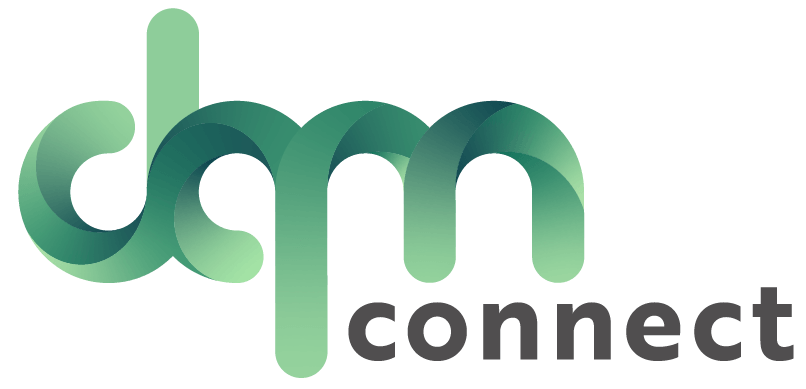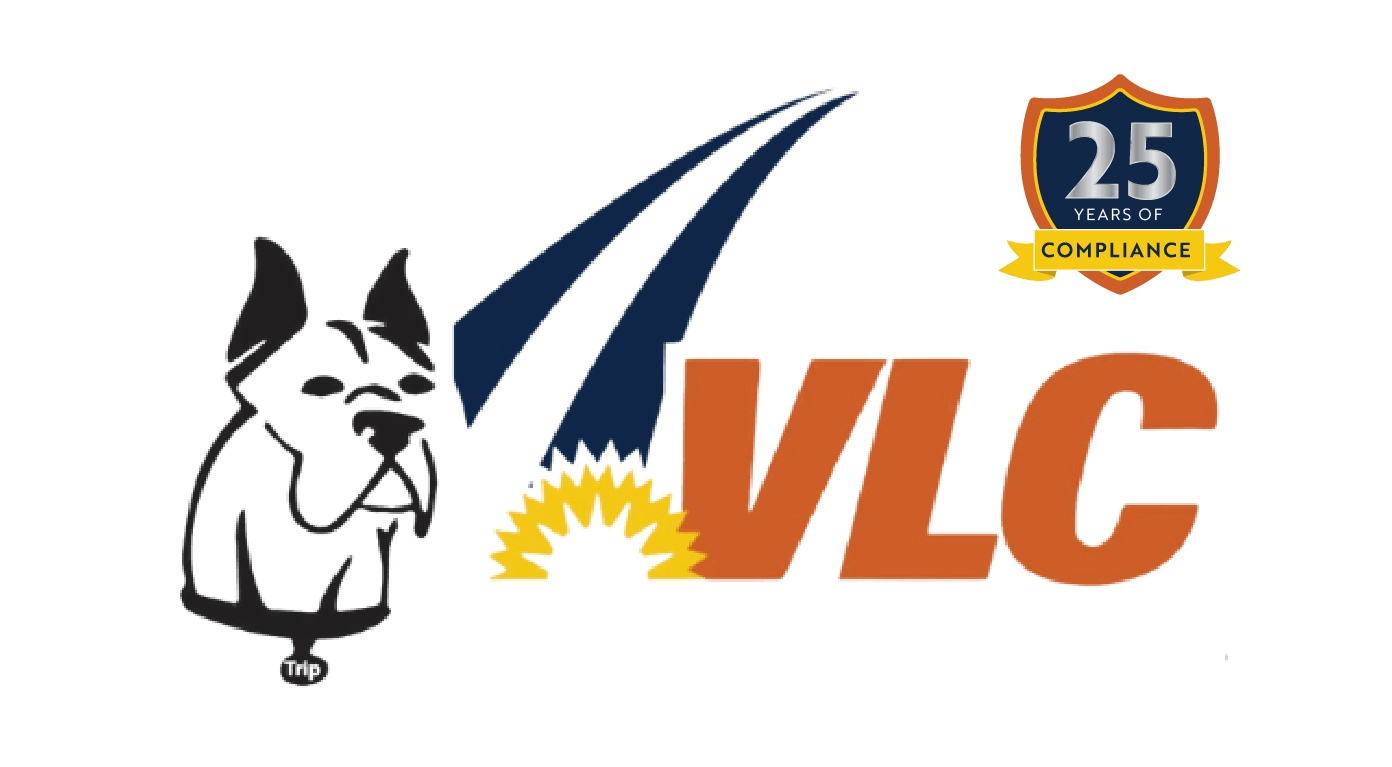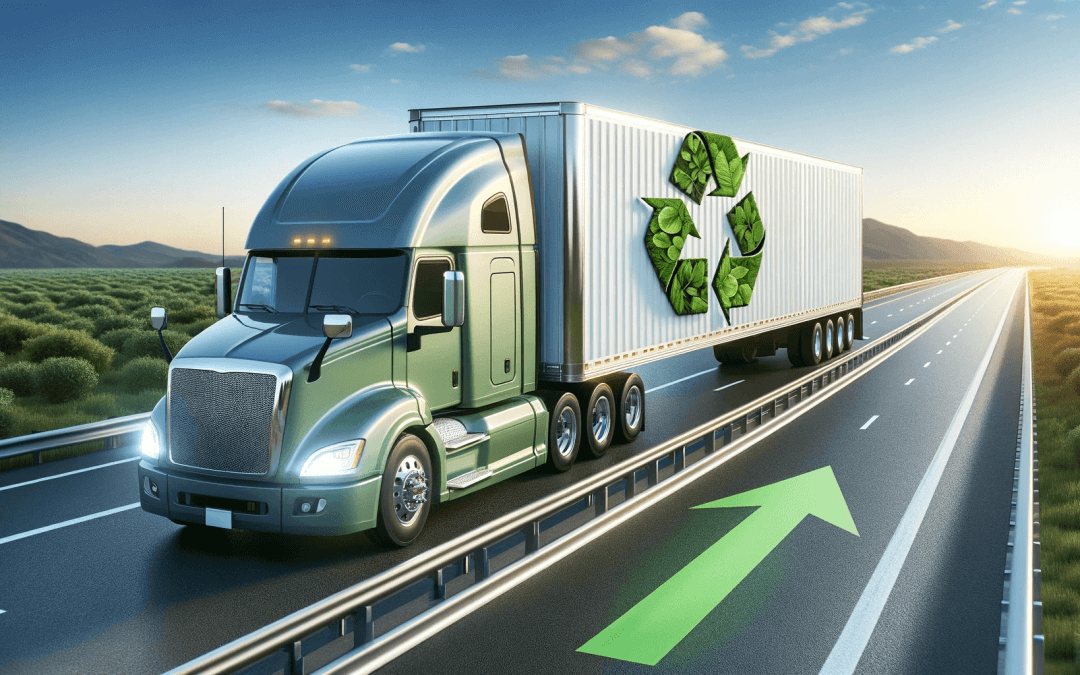


IRS Form 2290 Filings Are Due – What Fleet Managers Need to Know
Stay Ahead of the IRS Form 2290 Filing Deadline
If your fleet operates heavy vehicles on public highways, now is the time to prepare for the upcoming Form 2290 filing season. The IRS deadline is fast approaching, and missing it can lead to registration delays, steep penalties, and unnecessary compliance headaches.
To help you avoid those issues, here’s what every fleet manager, owner-operator, and compliance professional needs to know about Form 2290 filing in 2025.
What Is IRS Form 2290?
IRS Form 2290 is the Heavy Highway Vehicle Use Tax Return. It applies to vehicles with a gross weight of 55,000 pounds or more that are driven on public highways. More than just paperwork, Form 2290 filing is a federal requirement. Without it, you won’t be able to register or renew IRP or apportioned plates.
Compliance Tip: Keep your DOT compliance intact by filing Form 2290 on time to prevent registration delays.
Which Vehicles Require a 2290 Filing?
Any vehicle that meets or exceeds the 55,000-pound gross weight threshold is subject to Form 2290 filing. This includes:
- Class 8 trucks and truck tractors
- Heavy-duty trailers
- Fleet and owner-operated vehicles
- Logging vehicles and suspended-use vehicles (under 5,000 miles/year)
- Vehicles placed in service mid-year
Compliance Tip: If you add vehicles mid-year, pro-rated Form 2290 filings are required. Don’t forget to file for them. Not sure how? Our team can help.
When and How to File Form 2290
The IRS Form 2290 filing period runs annually from July 1 to August 31, 2025. This covers the tax year beginning July 1, 2025, through June 30, 2026.
To complete your Form 2290 filing:
- File electronically (mandatory for fleets with 25 or more vehicles)
- Use an IRS-approved e-file provider
- Submit your VINs, EIN, and gross vehicle weight
- Receive a stamped Schedule 1 as proof of payment
- Submit Schedule 1 to your DMV or IRP office for registration or renewal
Simplify Your Process with GWConnect
Managing multiple vehicles and deadlines can be overwhelming. Fortunately, DQMConnect integrates with GWConnect to streamline the Form 2290 filing process.
With GWConnect, you can:
- Track Form 2290 deadlines by vehicle
- Store Schedule 1 forms securely
- Align 2290 filings with IRP and IFTA schedules
- Eliminate time wasted tracking paperwork
Compliance Tip: A centralized system reduces last-minute stress and helps ensure every form is filed on time. GWConnect is built for trucking companies of all sizes and industries.
The Cost of Missing a 2290 Filing
Missing the Form 2290 filing deadline can have serious consequences:
- Costly IRS late fees and interest
- Registration delays at IRP and DMV offices
- Gaps in compliance that may trigger audit flags or roadside penalties
Let’s Get Your Fleet Ready
Need help with your Form 2290 filing or planning renewals across your fleet?
Reach out to our team or request a demo. We’ll show you how GWConnect can help you file with confidence—and keep your fleet compliant, registered, and moving forward.
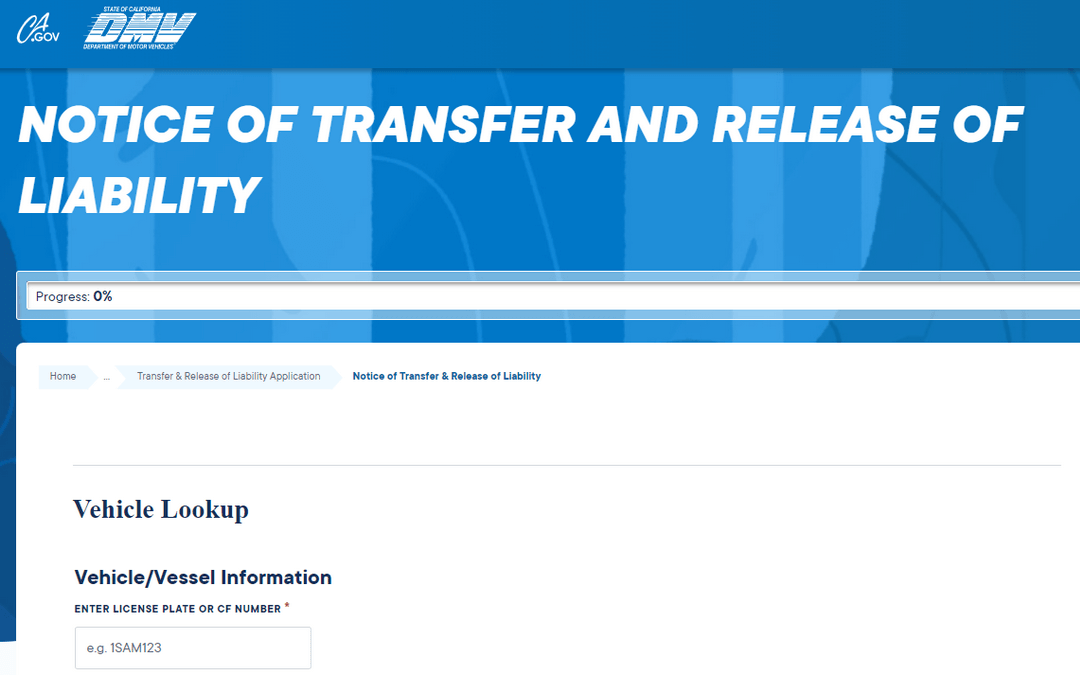
Release of Liability
“Sold your vehicle? Here’s an important step most people don’t know about.”
File a release of liability with CA DMV.
Why should you file?
You have signed off the title and handed it over to the new owner to complete the transfer. A lot can happen between handing that title over to the new owner and the actual transfer being processed.
To ensure you are not held liable after the sales transaction has been completed, file a release of liability with the CA DMV. This ensures that if an incident occurs involving that vehicle, you are not held liable for the damages and repercussions.
If you need assistance with filing a release of liability, contact VLC.
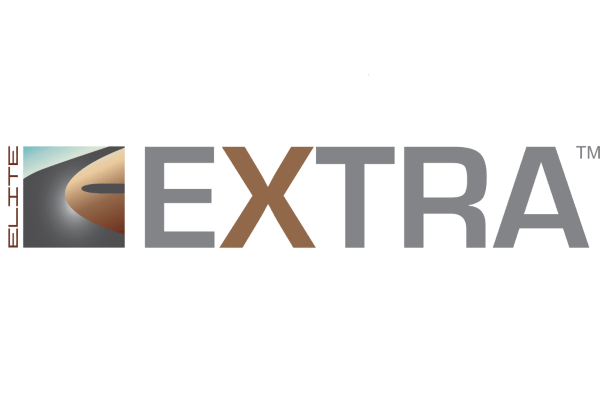
6 Must-Have Features in Modern Fleet Dispatch Software
What Are the Most Important Features in Fleet Dispatch Software?
Fleet dispatch software is nothing new in the world of trucking – but the state of the art keeps advancing. That software package from a decade ago might be functional, but it’s lacking many of the innovations that have arrived in recent years. Numerous features are now available which can substantially improve the efficiency and productivity of your operation, making it easy to see a huge return on your upgrade investment.
If it’s been a few years since you last looked into fleet dispatch software options and features, here are just a few recent innovations that could bring big returns!
Six Must-Have Features in Modern Fleet Dispatch Software
1 – Cloud-based anywhere access
For decades, fleet software was tied to individual computers, or even to centralized servers within a building. That was fine at the time since there weren’t other options. Today, however, you need fleet software that can be accessed from anywhere, and from any device. That’s why nearly all modern dispatch software solutions are cloud-based, with interfaces that adapt depending on the device accessing them.
That way you and your drivers have complete access to information from anywhere, without ever needing to ‘phone home’ to someone sitting at a specific computer.
2 – Smart route optimization and order batching
Route optimization has come a long way since the days of in-cab GPS units. Today’s dispatch software can optimize routes based on a huge number of factors, from basic “shortest route” routing to more complicated schemes based on fuel usage or avoiding certain traffic situations such as making too many left turns.
On top of that, routing software can now optimize across numerous potential routes at the same time – such as taking large orders and finding the optimal way to batch them and get them all to their destination in the shortest possible time.
3 – AI-driven automated scheduling
When a customer comes in with a rush job or pays extra for “48-hour” delivery or similar services, a lot of moving parts need to come together in a very short period. AI-driven systems can take much of this burden off human dispatchers. They can monitor stock levels, know the locations of all nearby drivers and other transportation options, and start optimizing for a fast delivery almost instantly.
This can be especially critical in ‘white glove’ situations where the customer is expecting the shipment to be delivered directly to their door. These systems can make smart decisions about how to reduce the extra costs involved while seeing the delivery completed.
4 – Full integrations with other database systems
Do you still need to access multiple systems to get your job done? For example, many companies still have separate Customer Relationship Management (CRM), driver management, stocking, and dispatch/routing software. This can make day-to-day operations a real hassle.
Today’s fleet dispatch software can tie all these software functions and databases together into a single application. This makes management easier, but it also makes life better for your clients and customers as well – such as having instant access to a customer’s shipping history at the same time your arrangement for shipments.
5 – Deep real-time visibility
Sure, you can probably track where all your vehicles are at all times, but modern software options can go much further than that. You can track vehicles’ locations, speed, fuel consumption, or even monitor their adherence to rules of the road. Likewise, you can monitor stocking in real-time, as well as keeping up with other logistical issues that crop up during deliveries.
A great fleet dispatch software package gives you more real-time oversight of your entire operation than ever before – and usually all in the same application window.
This can also extend to real-time alerts. You can set up custom alerts to notify you of virtually any situation you want, allowing you to respond more quickly than if you were having to track all the variables yourself.
6 – Data analytics
The data generated during each run doesn’t simply vanish – it goes into databases for storage and analysis. In many cases, this is where the true benefit of software upgrades can come from. You can analyze performance across numerous variables instantly, making it easier to judge everything from the driving record of individual drivers, to how effectively your warehouses are managing their stock.
Over time, this data can be leveraged to make extremely accurate future forecasts based on past history. These can make budgeting and hiring decisions far easier, for example, by giving you a solid data-based foundation for making choices.
Upgrade Your Operations With VLC
For almost thirty years, Vehicle Licensing Consultants have been leaders in the fleet management industry. We have thousands of satisfied customers who’ve benefited from our consulting and software options. If you want to quickly increase productivity in your fleet operations, click here to learn more.

Saving Money with Fleet Management | VLC
From the small fleet of 2-3 vehicles to the large national fleet stretching across North America, one cannot place enough emphasis on having a great fleet management tool to manage the task.
Of course, the larger the fleet, the more complex the activities, which only speaks further to having software help you make quick and well-informed decisions. At Vehicle Licensing Consultants (VLC) we depend on software solutions to help our clients make the best business decisions, set reminders for registration and taxes due, collect and store ‘truckloads’ of data, and respond with processor speeds to needs of our owner-operated fleet clients.
How Does Fleet Management Software Help?
We believe that a fleet management system, especially one that can be sized for your organization, can be a huge asset to your business. Not only can it help analyze and predict, but it can also help you minimize costs and keep the budget intact. Here are a few examples of how a fleet management system can save you money.
Route Planning
A carefully planned route can take drivers on the best and shortest path to their destination. Route optimization can also help minimize detours, traffic, and weather concerns, all of which make the driving experience better and the fuel costs decrease.
Better Fuel Economy
While we cannot predict or affect the price of fuel, a fleet management tool can help minimize fuel waste, helping you manage costs. Excessive idling, braking, speeding and other factors can be detected by onboard telematics. By collecting this data, you can track and manage a lot of usage parameters that can help reduce wear and tear on your vehicles as well as fuel usage.
Predictive Maintenance
If you never had to apologize again for a late delivery, that would be wonderful for you and for the disappointed client. While predictive maintenance cannot guarantee that never happens, it can certainly minimize it. How much excess cost occurs when a vehicle must be towed? How hectic is the scheduling update when one vehicle is suddenly out of commission? Fleet management solutions help you to predict and schedule a vehicle for maintenance, significantly improving your time on the road. The lifespan of your vehicle is extended, your drivers and clients are happy.
Minimizing HOS violations
HOS violations can be costly. The FMCSA can levy penalties on a driver or carrier that range from $1,000 to $16,000 per violation depending upon severity. Violations that involve the transport of hazardous materials can exceed $75,000. This is an easy and important aspect of running your fleet that can have a huge financial impact. 70% of all HOS violations are considered form and manner issues, which is a fancy way of saying the driver’s log is not completed properly. With an electronic device automatically logging hours and reporting to the driver and fleet manager when they are nearing maximum hours, this can be easily managed. Electronic logging produces clean, compliant logs ready for roadside inspection. Yet another way fleet management solutions can save you money!
Delight Your Customers – Not Disappoint
We mentioned in the predictive maintenance section how a roadside breakdown can be a huge disappointment to your client. Depending on the size and utilization of the remaining fleet vehicles, it can have an effect on many of your deliveries for the time the vehicle is out of service. Another way that fleet management helps client relations is through customer service. When your customer calls to ask the status of a shipment, you can quickly check on your schedule and answer the client promptly and confidently. This interaction could easily go badly if the answer is nebulous or their concerns not abated with a definitive date/time.
Customizable Solutions
We believe that there are no one-size-fits-all solutions in fleet management. We like to show you how we approach helping clients from the small to the very large with this very important aspect of their transportation.
Vehicle Licensing Consultants
A Virtual Projects, LLC Company
Fleet & Driver Compliance…Fleet Tracking Software
530-384-3884

Best Fleet Management Practices | VLC
Today’s businesses are seeing increased business costs, challenges keeping up with local and federal transport regulations, and difficulties in finding good drivers for their fleets.
Here are some fleet management best practices to help reduce costs, improve driver and customer satisfaction, and keep up with every changing regulatory and tax requirements.
Compliance
Let’s start with some basics. We know from our client base that keeping up with government regulations is one of their biggest challenges. Small fleets are especially concerned with compliance as they probably have less automation and tools than their larger counterparts.
However, the investment in an ELD platform to capture the basic requirements of the FMSCA (vehicle motion status, duty status, miles driven, engine hours, etc.) is well worth the investment. Drivers and fleet managers alike can be alerted to total on-duty time and ensure they are taking the appropriate breaks as required for safety.
Fuel Economy
Part of the increasing business costs today is the cost of fuel which has been steadily rising this calendar year. As fuel prices rise, taking measures to maximize economy is a good safeguard against rising costs.
The two most wasteful driving behaviors that can be addressed with telematics are excessive idling and aggressive driving. Heavy duty trucks consume 0.8 gallons of fuel per hour when idling which can certainly add up when considered annually. Telematics can provide real-time coaching for drivers with aggressive behaviors, tracking fuel improvements after corrective actions made. These 2 features alone can produce enough return on investment (ROI) to make a strong case for fleet management solutions such as telematics.
Maintenance
What does is cost your business to have a fleet vehicle suddenly and unexpectedly out of service? Most fleet managers will tell you that it can be anywhere from $400-$750 per day and that does not include the disappointed customers and the actual cost of the maintenance performed. Preventive maintenance should be the goal with your fleet management and telematics tools. When you look at the downtime costs, you can quickly realize the benefits and savings of predictive maintenance tools in your fleet management arsenal.
Customer Service
What sets many companies apart from their competition? Customer Service. It is no wonder that many fleet managers are seeing the less obvious but more important aspects of fleet management technology.
When we focus our attention of customer service and the importance of customer retention for your business, we can see that the implementation and tracking of deliveries can contribute a significant boost in customer experience.
Here are a few of the highlights of how a fleet management software can contribute to a customer-centric business approach:
- Efficient fleet dispatch – with real-time visibility into fleet vehicle position, you can easily and most efficiently select the closest and most convenient vehicle for the job.
- Accurate delivery estimates – predict the delivery time with a high level of confidence with your fleet monitoring software. Don’t disappoint your clients; delight them with your accuracy and efficiency.
- Real-time notifications directly to the customer – notify your client of an impending delivery when the vehicle reaches a journey checkpoint. Visibility and accurate estimates will make your business truly shine as compared with the competition.
- Accountable delivery model – accurately schedule jobs and hold your drivers accountable for on-time delivery. Data collected from fleet vehicles can be used to make sure that your estimates are solid and your drivers are working to meet your deliverables.
Boost your reputation, customer satisfaction, and minimize cost with a carefully selected fleet maintenance and management tool. VLC has been helping clients with the right tools at the right price and helping them to extend as grow when the timing is right. Your transport partner is here to help…
Vehicle Licensing Consultants
A Virtual Projects, LLC Company
Fleet & Driver Compliance…Fleet Tracking Software
530-384-3884
